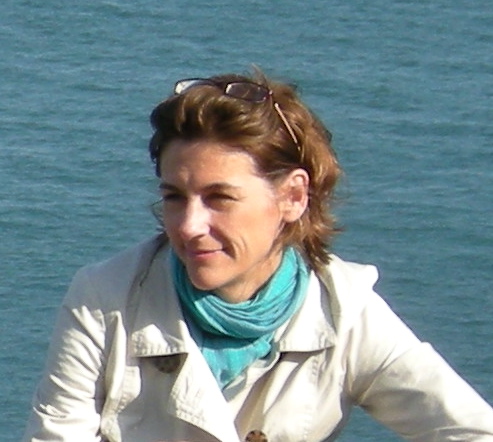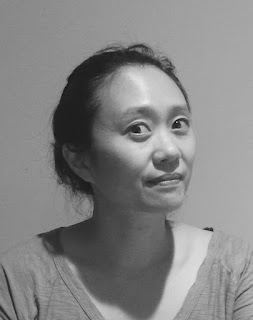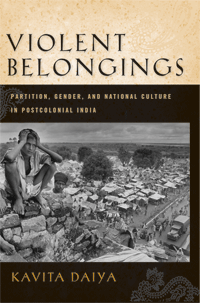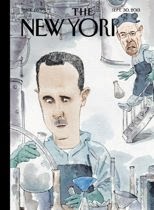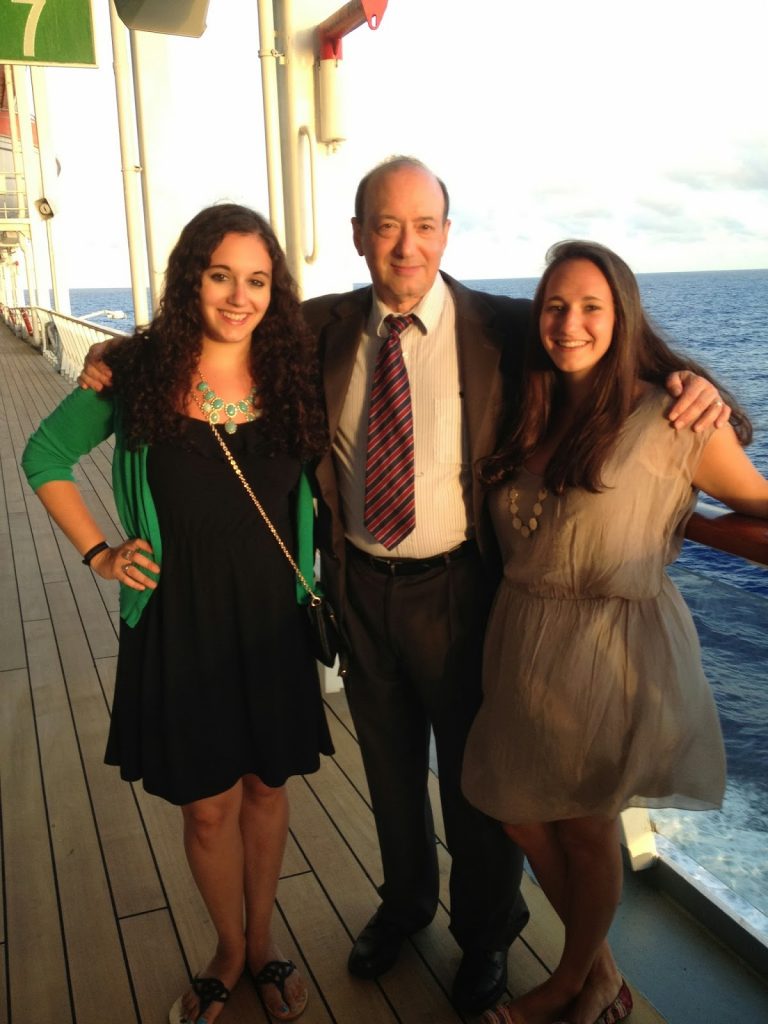
The
Jenny McKean Moore Fund was established in honor of the late Jenny Moore, who was a playwrighting student at GW and who left in trust a fund that has, for almost forty years, encouraged the teaching and study of Creative Writing in the English Department, allowing us to bring a poet, novelist, playwright, or creative non-fiction writer to campus each year. While in residence, the writer brings a unique experience to the GW community, teaching a free community workshop for adults along with Creative Writing classes for GW students..
This year we are especially proud to host Molly McCloskey, who has served as Writer Fellow at Trinity College Dublin and is the author of two short story collections, a novel, and a work of non-fiction. Professor McCloskey let us pick her brain and shared what she’s working on, challenges she’s faced, and books that are sitting on her nightstand!
What attracted you to the position at GW, and as Jenny McKean Moore Writer-in-Washington?
One of the things that attracted me was the community workshop aspect. I like the fact that the position was set up to work both within and outside of the university, which relates to the rest of my answer. I really appreciated the fact that the position allowed for applicants who don’t have ‘conventional academic credentials’. I have a Master’s in philosophy, but I don’t have an MFA in writing, nor do many, many of the writers I admire – especially those over forty.
I find it unfortunate that the MFA has become a prerequisite for practically every creative writing teaching job in America. It devalues other sorts of life experiences and paths that can go with writing in incredibly fruitful ways – living in strange places, for instance, or having the kind of weird jobs writers used to have and from which they learned a great deal about the world – and that can give writers much of value to share with students. MFA programs can be great, but I certainly don’t think they should be regarded as the only route to becoming a writer, or as the make-or-break qualification for teaching writing. So the fact that this position operated outside of that equation spoke of an ethos that very much appeals to me.
You are one of the first writers in the Jenny McKean Moore Writer-in-Washington position to write in both creative non-fiction and fiction. What are some of the challenges of moving between the two genres?
I worked on nonfiction almost exclusively from 2006-2011 – personal essays and memoir. Nonfiction spoils a writer in some ways, because one of the greatest challenges of fiction writing, plotting, is more or less taken care of. You do a certain amount of ‘plotting’, in the way you decide to structure the story you’re going to tell, but it’s nothing like laying out a work of fiction, that being in charge all the time of what happens next and whether it’s plausible.
And, if a true story has captured your imagination as a writer, it means you’re probably not, halfway through writing the book, going to be gripped by the fear that it isn’t going anywhere; it’s already happened, and the story brings you along. Finally, I found working on the memoir, which was as much a biography as it was a memoir, a far less lonely experience than I find fiction-writing to be. The writing of the memoir involved other people – real ones – in a way fiction can’t, even when it’s fiction based on real people; the memoir actually relied on other people’s input and involvement; it was something I could talk about easily as I worked on it without feeling superstitious or seeing people’s eyes glaze over. For all these reasons, I find fiction more difficult, which is not to say that nonfiction is a lesser art. I don’t believe that. Nonfiction can be as moving, as intelligent, as beautifully crafted as the best novels.
On the other hand, working on nonfiction – because I wasn’t worried about plotting and all that – I really began to focus on language. Your main job is to do justice to the things that have happened by telling those true stories in the most evocative, precise, emotionally honest and intelligent way that you can – and that depends of course on how you use language. So I like to think it will help my fiction writing; I’ve become much more aware of rhythm, for instance, and what an enormous difference a very small change in a sentence can make.
Tell us what you’ve been working on. Will you be presenting some of you new work when you read on September 26?
I’m working on a novel. It is generally unwise to talk about a novel-in-progress, as well as incredibly boring for the listener – it is like listening to someone recount last night’s dream. So the less said about that the better. I’ll read from the memoir, Circles Around the Sun, and maybe a bit of fiction.
Have you taught a community workshop before? What are some of the opportunities that come from teaching students who come from outside a university context?
I’ve taught a lot of community workshops in Ireland, where I’ve been living for the last 24 years. I love teaching outside of an academic setting to what they call in Ireland ‘mature students’, especially teaching memoir, because people have the most amazing stories to tell; often they’re painful stories, but to watch someone working to transform painful events into a piece of prose that is disciplined and crafted and unsentimental – that’s inspiring to me, as is witnessing the generosity and sensitivity with which students help one another to navigate that challenge.
And, I enjoy meeting people who’ve come to writing through idiosyncratic routes – or what are now seen as idiosyncratic. They may be starting to write relatively late in life, but they’ve been reading, and they’ve got a lot of other interesting experiences and accumulated wisdom behind them, and it makes the workshop a really rich environment.
Who are some of the writers of creative non-fiction you have been reading lately?
There is so much great nonfiction out there. Rachel Cusk is wonderful memoirist, and I read her book Aftermath recently. I admire Geoff Dyer’s nonfiction. Over the summer, I read A Sorrow Beyond Dreams by the Austrian writer Peter Handke, about his mother’s suicide, which was a powerful and difficult book. I read Christopher Hitchen’s Mortality. I went back to some of Emerson’s essays, which I love – for their cadence, their richness, that ecstatic quality, the largeness of their concerns, and their great generous spirit.
But one thing I’m really interested in are those books that are harder to define as either fiction or nonfiction, books that are being slippery about those labels. Lauren Slater’s Lying: A Metaphorical Memoir was interesting. Renata Adler’s ‘novels’ were recently reissued and I loved both Speedboatand Pitch Dark. I’m two-thirds of the way through JM Coetzee’s trilogy of autobiographical novels – or fictionalized memoirs. I read Christopher Isherwood’s Goodbye To Berlin over the summer. And Edmund White’s trilogy of autobiographical novels is always worth mentioning as a major achievement in post-war American writing – a single life embedded in the cultural, political, and social shifts over several decades, as we witness White creating himself as an artist.
Molly McCloskey will give her first reading
September 26th at 7:30pm
in the Honors Townhouse.



